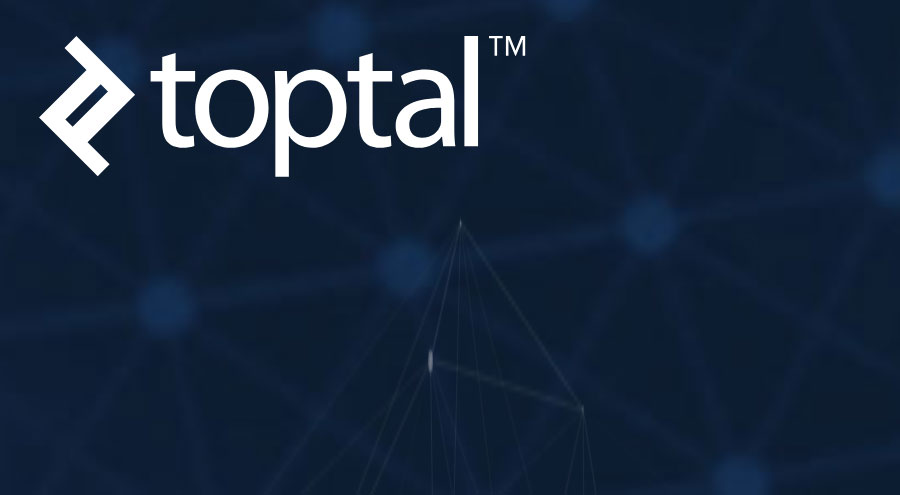Toptal, a global network of top engineers, designers, and finance experts that empowers companies to accelerate, adapt, and scale, has launched a new blockchain specialization. The new on-demand service connects businesses to an elite, distributed network of blockchain talent who have gone through a rigorous vetting process focused on finding the highest level of blockchain engineers.
Since January 2017, Toptal client demand for blockchain expertise has increased by over 700 percent. In addition, as reported at the North American Blockchain Conference, there are currently 14 job openings for each available blockchain engineer in the world. Blockchain technology is driving innovation across many industries, from healthcare, energy, to professional services. These applications can include breakthroughs in healthcare record management, renewable energy certificate trading, supply chain management, and more. However none of these will be possible over the long-term if the demand for qualified engineers is not met. By applying Toptal’s engineering expertise and distributed working model to blockchain, Toptal will address both the talent and decentralized development needs of the blockchain industry at scale.
“Businesses, governments, and communities are built on trust. As such, any promise to use modern computing principles, such as blockchain, to transform how we achieve and apply trust is disruptive — perhaps on a historic scale,” says Eric Piscini, Principal and Global Blockchain Leader at Deloitte.
As enterprises and venture capitalists alike have provided capital and credibility to blockchain initiatives, the industry’s challenge becomes the pace at which the technology itself grows. For blockchain to succeed long-term, it will need a sustainable, accessible pool of elite blockchain talent. “The entire blockchain industry is hitting a talent bottleneck,” says Luka Horvat, Head of Talent Operations at Toptal. “Toptal’s world-class screening process, combined with specialist training for its existing elite developer network, will support future demand for blockchain talent at scale.”
Toptal is already helping over one hundred companies understand and conquer the challenges posed by blockchain technology. With the Toptal Blockchain Specialization, it will now do so on a far broader scale.
“Working with Toptal has helped us with achieving our blockchain goals,” says Kosta Batzavalis, Founder & CEO of TrustED, a company applying the technology to the management of records in universities. “It’s given us a directory of professionals who are not only extremely experienced in their selected field, but also knowledgeable in blockchain technology.”
Beyond providing access to elite talent, Toptal’s distributed model supports the unique decentralized nature of this technology, which calls for distributed communities and teams to ensure security.
Vitalik Buterin, the founder of Ethereum, says “core developers and researchers should be employed by multiple companies or organizations…[and]…the knowledge of the technical considerations behind protocol upgrades must be democratized, so that more people can feel comfortable participating in research discussions and criticizing protocol changes.” With a talent network spanning over 100 countries, companies leveraging Toptal to develop their blockchain technologies will be able to keep their teams and networks decentralized and secure.
Michael Dedrick is a Toptal expert in a specialized facet of the blockchain space. As Lead User Experience Designer for SecureKey, Dedrick has led the product design effort for a new blockchain-based digital identity application while partnering with companies including the Royal Bank of Canada, IBM, and Intel.
“Blockchain technology is a growing field and will become increasingly important going forward,” Dedrick says. “Getting the right blockchain talent can not only help a company with their current needs but will also help them to strategically prepare for what’s next.”
Toptal’s specialized service will connect companies with freelance developers in a range of key blockchain domain areas, including distributed programming, cryptography, private blockchains, decentralized applications, smart contracts, and more.














